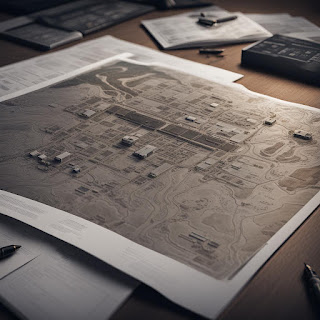I'm not a medical professional, but I can offer general information. It's crucial to consult a healthcare professional for personalized advice. Treatment for PTSD often involves a combination of therapy, medication, and lifestyle changes. Some individuals find relief through therapies like cognitive-behavioral therapy (CBT) or eye movement desensitization and reprocessing (EMDR). Medications prescribed by a doctor may include antidepressants or anti-anxiety medications. While some people report benefits from marijuana, it's essential to discuss this with a healthcare provider, considering potential legal and health implications. Always prioritize professional advice for a comprehensive plan tailored to your needs.
I can provide general information, but remember to consult a healthcare professional for personalized advice. A comprehensive plan for dealing with PTSD may include: 1. **Therapy:** - Engage in evidence-based therapies like Cognitive-Behavioral Therapy (CBT) or Eye Movement Desensitization and Reprocessing (EMDR). - Consider individual and group therapy sessions to address specific needs and foster support. 2. **Medication:** - Consult a healthcare professional for prescription medications that may help manage symptoms, such as antidepressants or anti-anxiety medications. 3. **Lifestyle Changes:** - Prioritize regular exercise to promote physical and mental well-being. - Ensure adequate sleep, aiming for a consistent sleep schedule. - Adopt stress-reduction techniques like mindfulness or meditation. 4. **Social Support:** - Cultivate a strong support system with friends, family, or support groups. - Educate loved ones about PTSD to enhance understanding and empathy. 5. **Alternative Therapies:** - Explore complementary approaches like acupuncture, yoga, or massage therapy. - Discuss potential benefits and risks of medical marijuana with a healthcare professional. 6. **Routine and Structure:** - Establish a daily routine to provide a sense of stability. - Break down tasks into manageable steps to avoid feeling overwhelmed. 7. **Education:** - Learn about PTSD to better understand triggers and coping mechanisms. - Stay informed about new developments in PTSD treatment. Remember, this is a general outline, and individual needs vary. Consult with healthcare providers to tailor a plan specific to your situation.

Im impressed that you are able to make all this with AI. How much do you charge for this service?
ReplyDeleteDo you really think that these articles will reach someone?
ReplyDelete